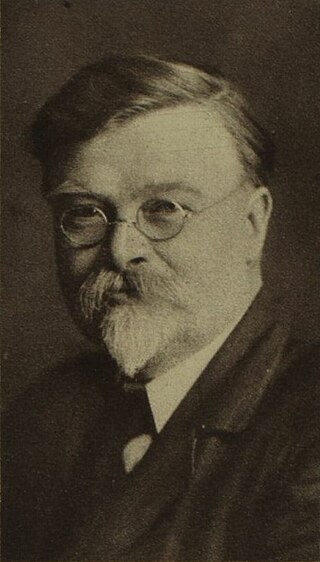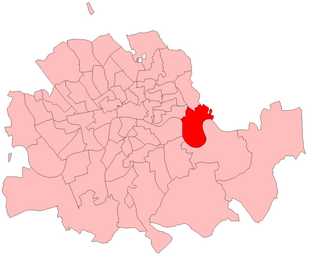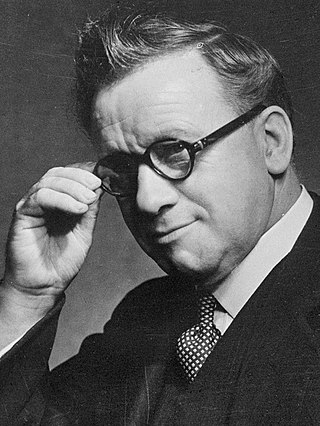
The Canadian Alliance, formally the Canadian Reform Conservative Alliance, was a centre-right to right-wing federal political party in Canada that existed under that name from 2000 to 2003. The Canadian Alliance was the new name of the Reform Party of Canada and inherited many of its populist policies, as well as its position as the Official Opposition in the House of Commons of Canada. The party supported policies that were both fiscally and socially conservative, seeking reduced government spending on social programs and reductions in taxation.
The Progressive Party of Canada, formally the National Progressive Party, was a federal-level political party in Canada in the 1920s until 1930. It was linked with the provincial United Farmers parties in several provinces, and it spawned the Progressive Party of Saskatchewan, and the Progressive Party of Manitoba, which formed the government of that province. The Progressive Party was part of the farmers' political movement that included federal and provincial Progressive and United Farmers' parties.

The British Columbia Social Credit Party, whose members are known as Socreds, was the governing provincial political party of British Columbia, Canada, for all but three years between the 1952 provincial election and the 1991 election. For four decades, the party dominated the British Columbian political scene, with the only break occurring between the 1972 and 1975 elections when the British Columbia New Democratic Party governed.
An electoral alliance is an association of political parties or individuals that exists solely to stand in elections.

The mayor of New York City is elected in early November every four years, in the year immediately following a United States presidential election year, and takes office at the beginning of the following year. The city, which elects the mayor as its chief executive, consists of the five boroughs, which consolidated to form "Greater" New York on January 1, 1898.

The first elections to the new local authorities established by the Local Government Act 1972 in England and Wales and the new Northern Ireland district councils created by the Local Government Act 1972 took place in 1973. Elections to the existing Greater London Council also took place.
Finsbury East was a parliamentary constituency centred on the Finsbury district of North London, England. It returned one Member of Parliament (MP) to the House of Commons of the Parliament of the United Kingdom, elected by the first past the post system.
The Democratic Party of the United States is a big tent party composed of various factions. The four most prominent modern factions are the liberals, moderates, progressives, and conservatives. The liberal faction supports modern liberalism and social liberalism that began with the New Deal in the 1930s and continued with both the New Frontier and Great Society in the 1960s. The moderate faction supports Third Way politics that includes center-left social policies and center-right fiscal policies. The progressive faction supports social democracy and left-wing populism. The conservative faction supports centre-right policies. The traditional conservative Democratic faction lost much of its influence in the 21st century as the South realigned towards the Republican Party, though a subsequent realignment starting in the 2010s brought a new set of moderate to conservative voters disillusioned with Trumpism in the Republican Party, prominently including many suburban women, into the Democratic tent.
The Municipal Reform Party was a local party allied to the parliamentary Conservative Party in the County of London. The party contested elections to both the London County Council and metropolitan borough councils of the county from 1906 to 1945.

Municipal elections were held in Toronto, Ontario, Canada, on December 1, 1969. Across Metro Toronto there were few surprising results, and city of Toronto incumbent mayor William Dennison was easily re-elected. The one dramatic exception to this was on Toronto city council, where a number of long-standing members lost to young new arrivals who shared a common vision of opposition to the megaprojects that had transformed Toronto throughout the post-war period. While the reform movement candidate for mayor lost, it gained a strong presence on city council. The 1970s reform faction dominated Toronto politics for the next decade.
An election to the County Council of London took place on 5 March 1892. The council was elected by First Past the Post with each elector having two votes in the two-member seats. The Progressive Party retained control of the council, gaining seats from the Moderates.
An election to the County Council of London took place on 3 March 1898. The council was elected by First Past the Post with each elector having two votes in the two-member seats. The Progressive Party won a substantial majority on the council.
An election to the County Council of London took place on 5 March 1904. The council was elected by First Past the Post with each elector having two votes in the two-member seats. The Progressive Party retained control of the council, with a slightly reduced majority.

Sir George Hopwood Hume was a British Conservative politician and leader of the London County Council.
Middlesex County Council under the Local Government Act 1888 had to be returned by local elections every three years. Its first election was in January 1889, the year the council first met. The last was in 1961 as the 1964 elections instead were – as to 83 of 87 divisions – for the larger, in-waiting Greater London Council – 4 divisions went into other counties, on abolition. Three intra-war elections were never announced and formally cancelled but otherwise expected in 1916, 1940 and 1943.

The 1908 Peckham by-election was a parliamentary by-election held for the British House of Commons constituency of Peckham in the Metropolitan Borough of Camberwell, London on 24 March 1908. The seat was won by the opposition Conservative Party candidate, a gain from the Liberal Party who had won a large majority at the 1906 general election.

The Poplar by-election was a Parliamentary by-election held on 19 February 1914. The constituency returned one Member of Parliament (MP) to the House of Commons of the United Kingdom, elected by the first past the post voting system.

An election to the County Council of London took place on 4 March 1937. The council was elected by First Past the Post with each elector having two votes in the two-member seats. The Labour Party made gains, increasing their majority over the Municipal Reform Party.
An election to the County Council of London took place on 2 March 1895. The council was elected by First Past the Post with each elector having two votes in the two-member seats. The Moderates made numerous gains, and tied the Progressive Party in seats on the council.










